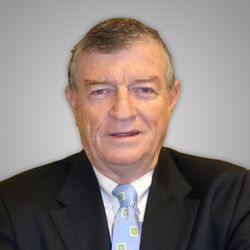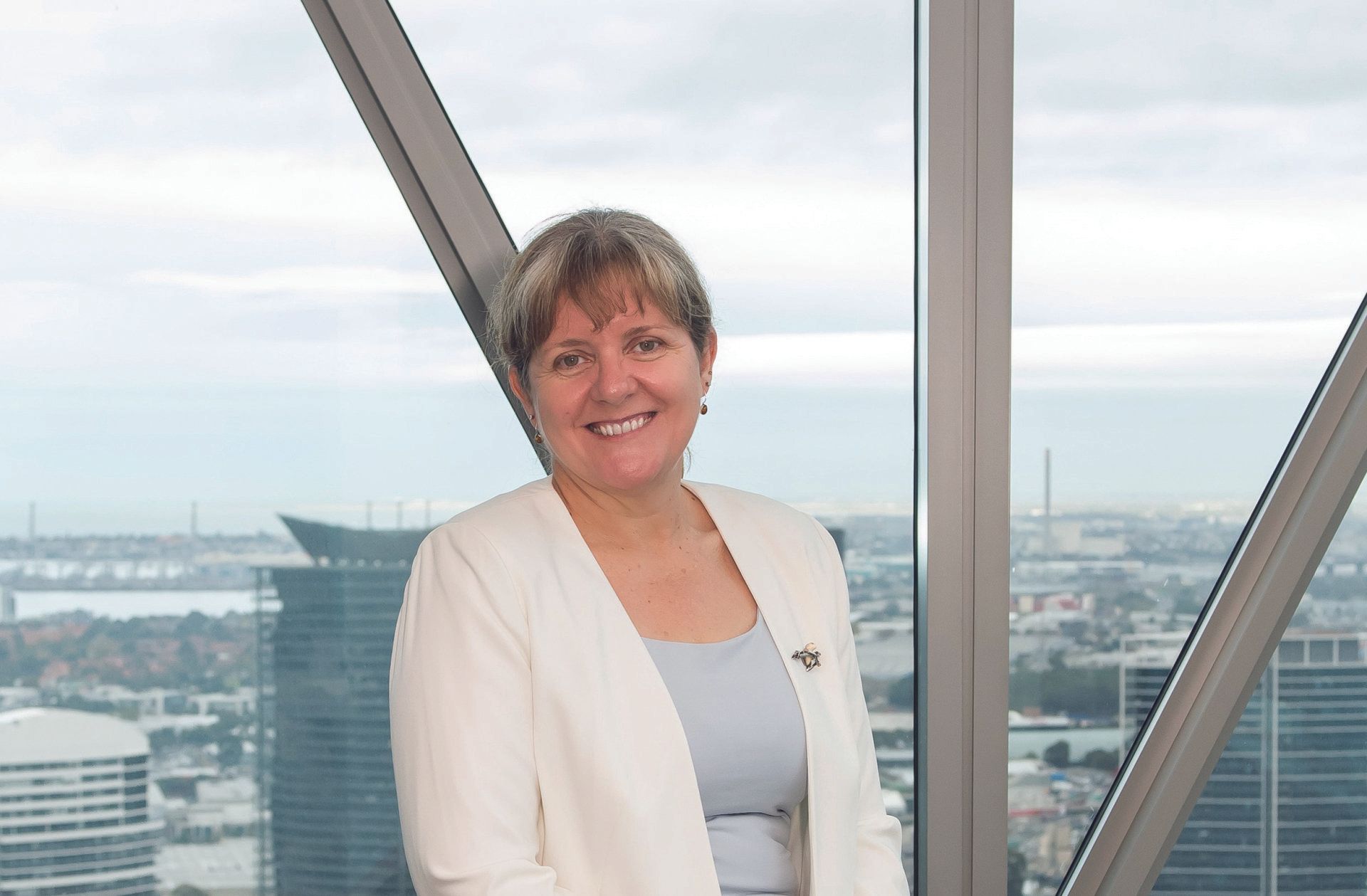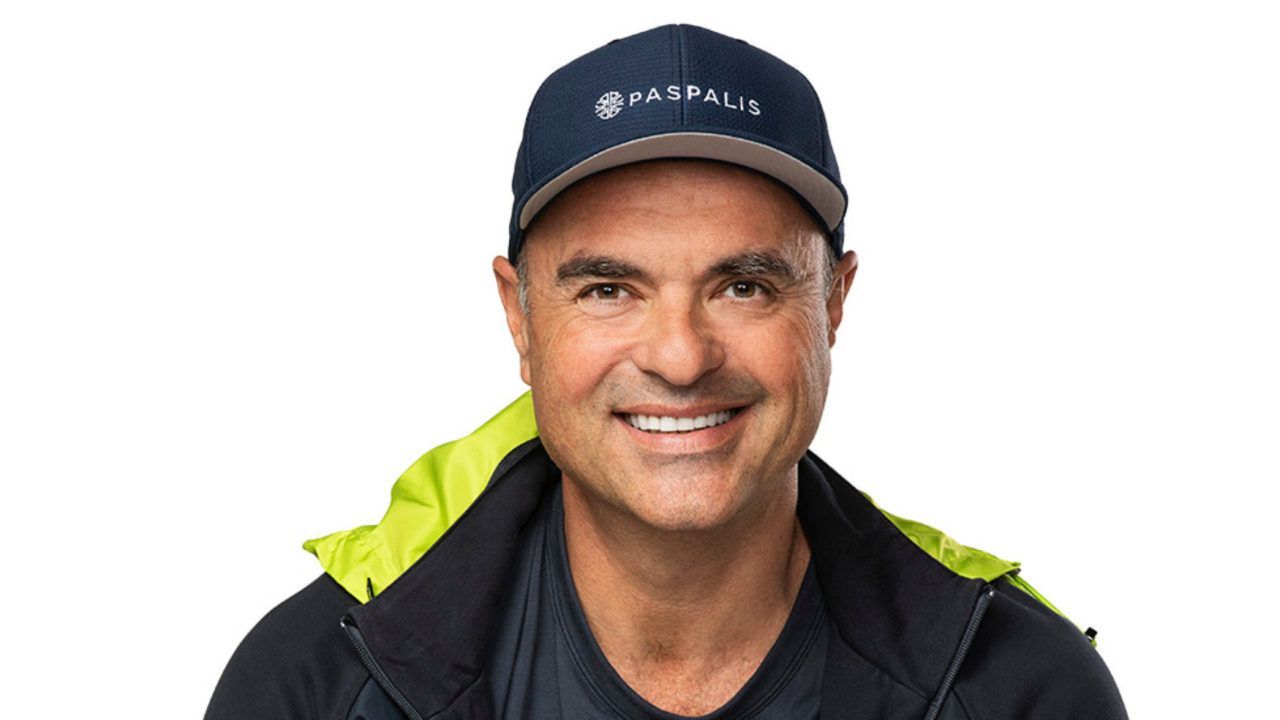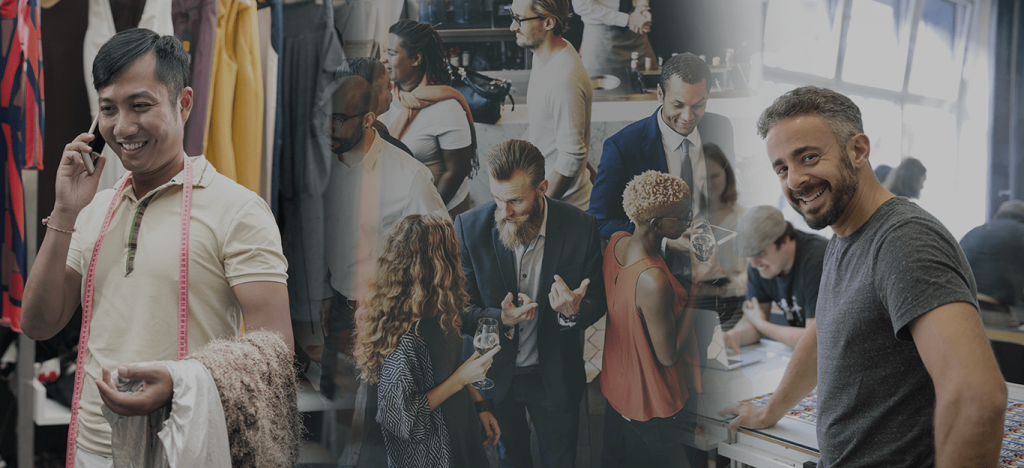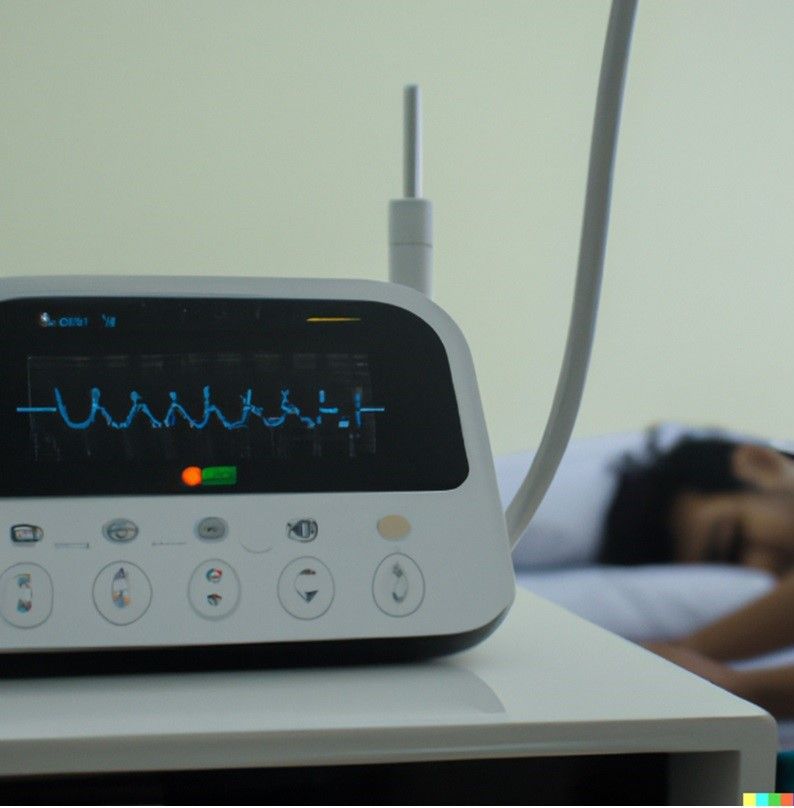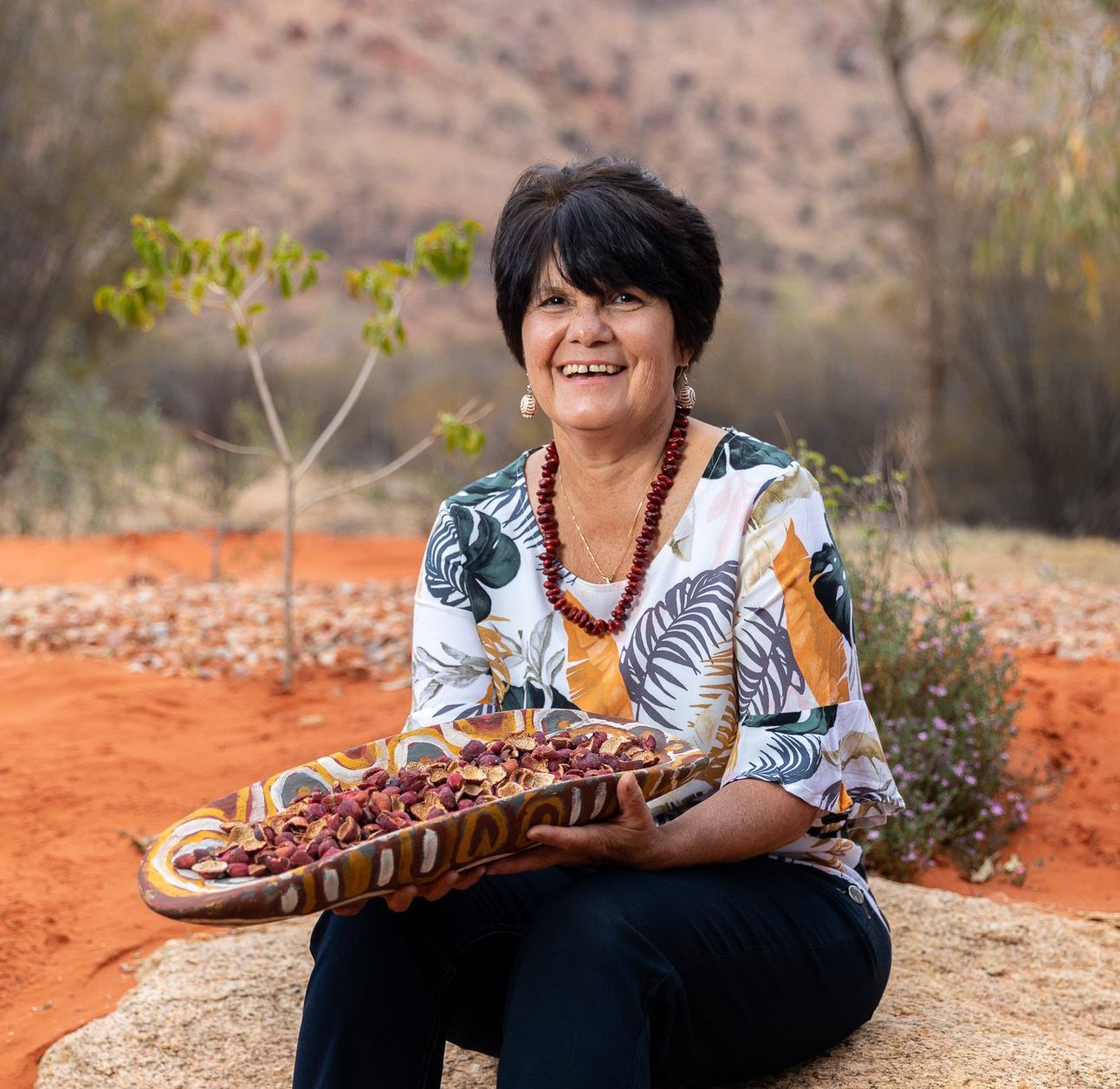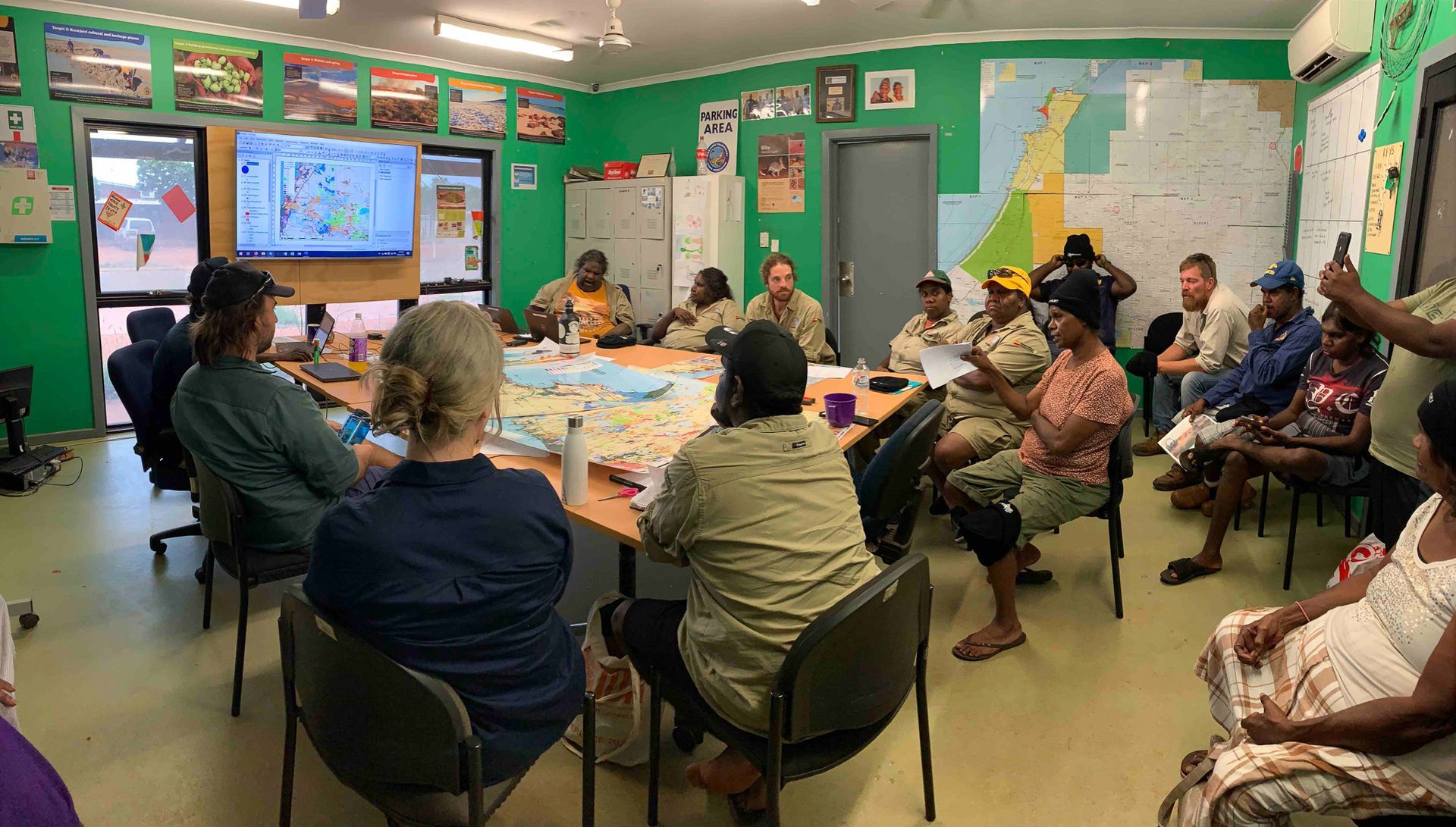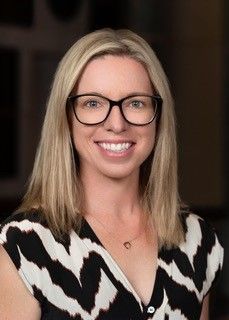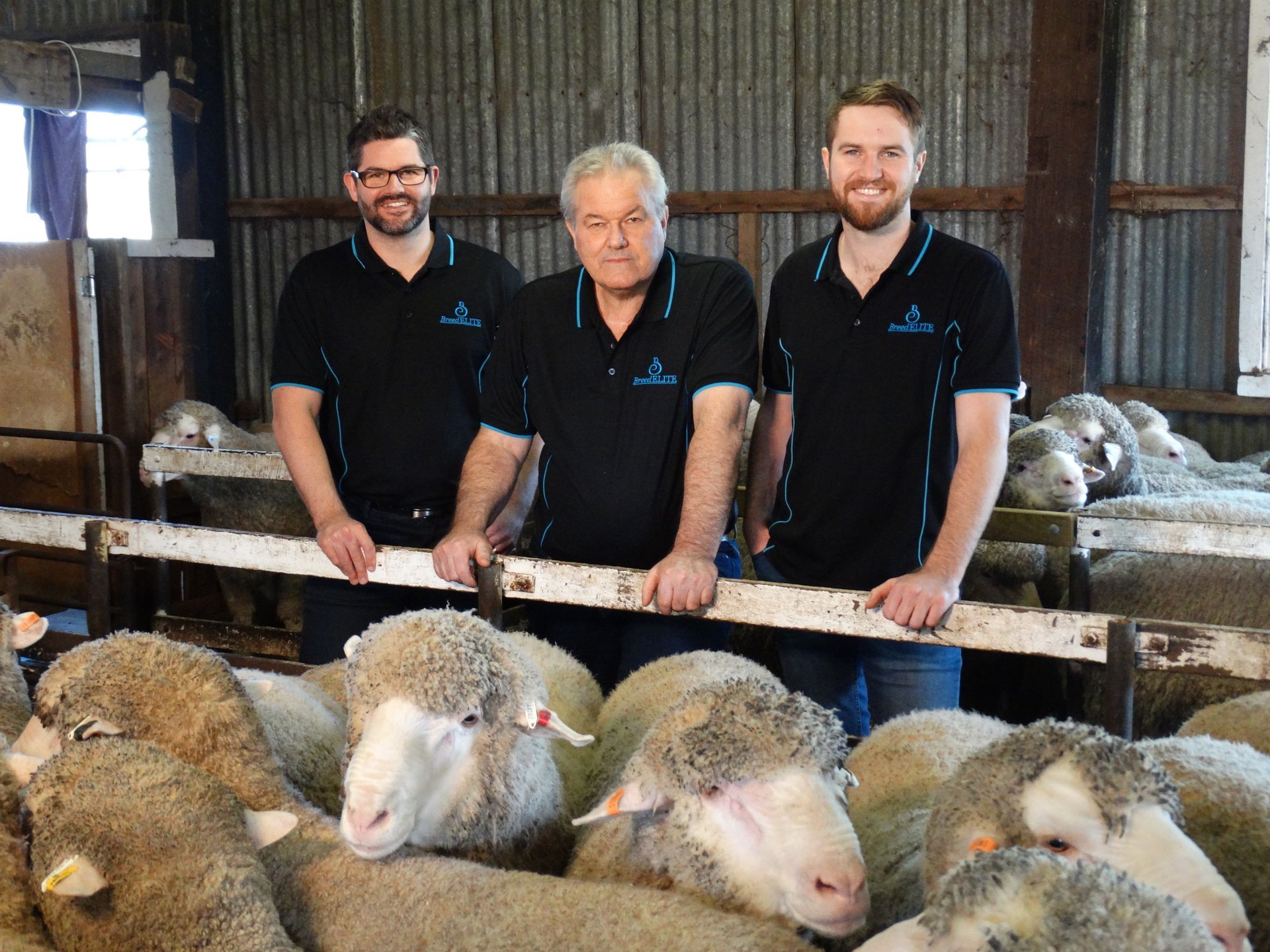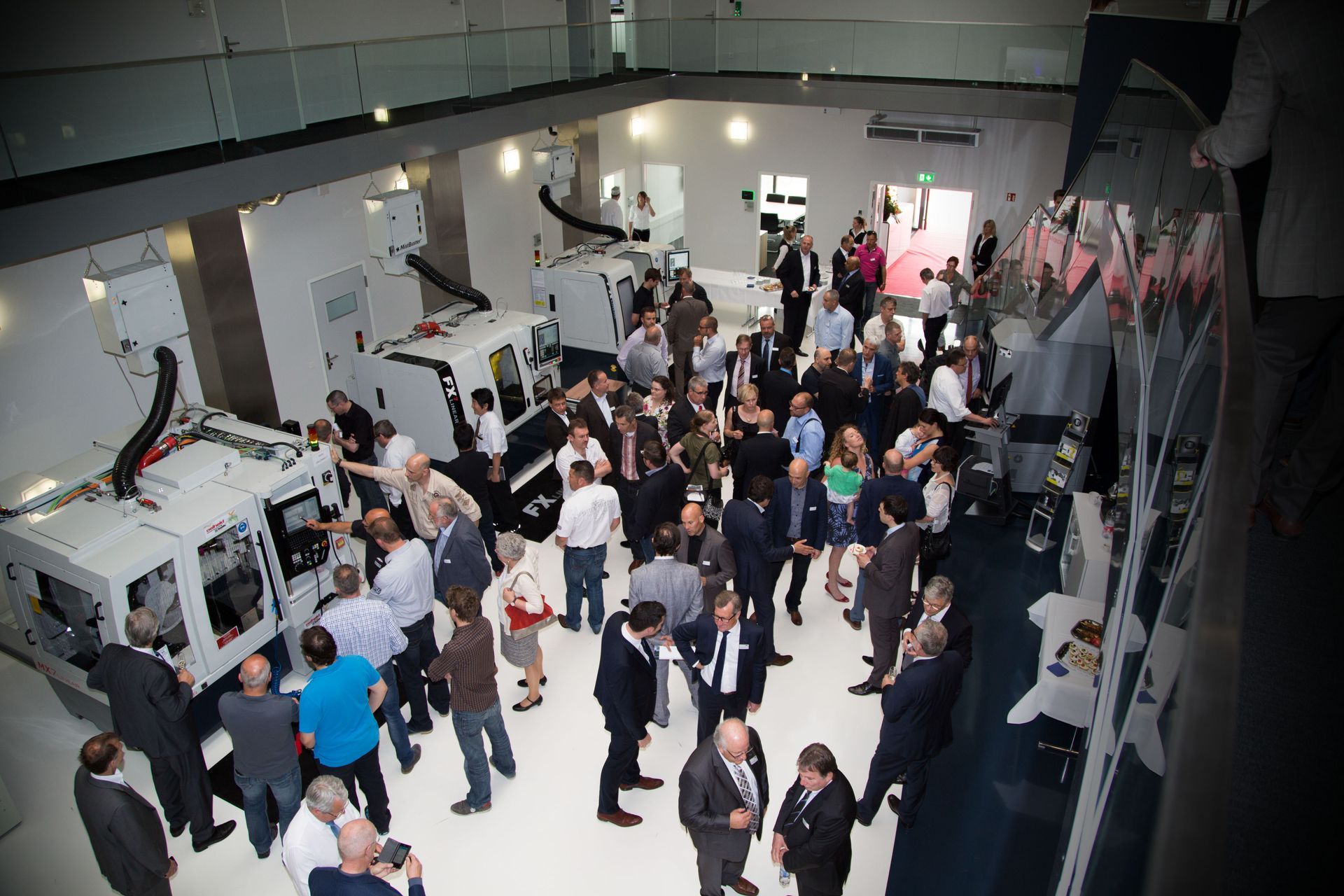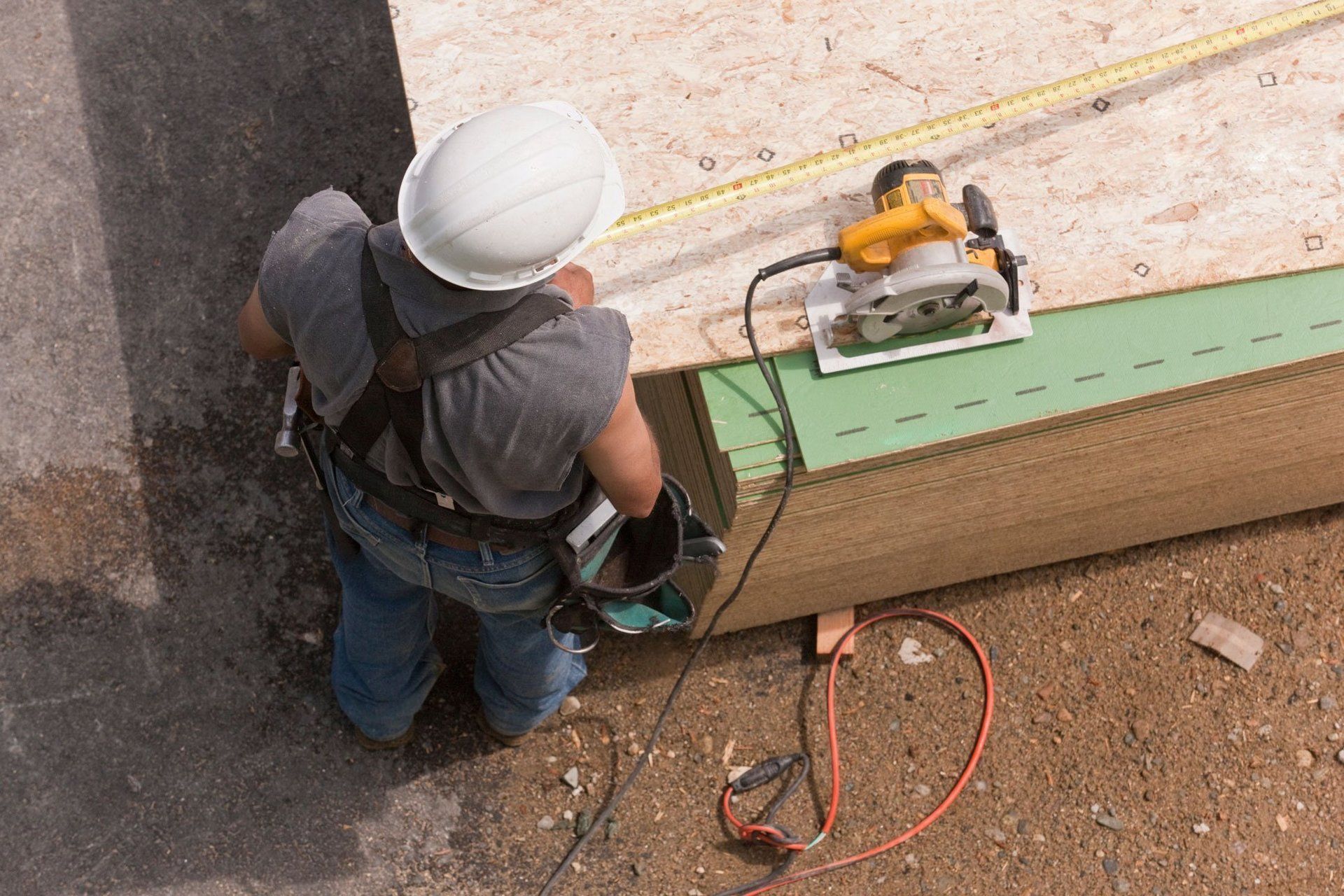Values-Led Leadership
Dr Marguerite Evans-Galea AM, IMNIS Executive Director, Australian Academy of Technology and Engineering Cofounder and CEO, Women in STEMM Australia, is a leading advocate for a connected, more inclusive STEM ecosystem to drive Australia’s prosperity.
My STEM career has spanned continents, disciplines and a range of different types of research. I enjoyed almost 20 years in fundamental and pre-clinical research in Australia and the USA. In the last decade, I worked at the Murdoch Children’s Research Institute developing cell and gene therapies for Friedreich ataxia, a devastating neurodegenerative disease.
As a strongly committed advocate for STEM research, inclusion and career development, I knew I could influence positive change within the STEM sector and have greater impact outside of research. I am now the IMNIS Executive Director at the Australian Academy of Technology and Engineering. IMNIS is the flagship industry engagement initiative of the Academy that connects PhD students and early-career researchers with influential industry leaders. It fills a much-needed gap in the sector and I know it is making a difference.
I am also cofounder and CEO of Women in STEMM Australia, a non-profit organisation that has created a diverse, inclusive network of STEMM (extra M for medicine) professionals at all levels of academia, industry, education, business and government, and includes all women in STEMM regardless of their discipline and profession.
Why science?
I loved nature as a child, especially animals, and had an innate, insatiable curiosity. I constantly asked “Why?” My curiosity and thirst for knowledge only grew stronger at high school. I was the only student in my senior year to take all three sciences and a high level maths – and I remember every one of my science and math teachers. They loved it and shared their enthusiasm!
At the start of Grade 11, I read James Watson’s book about the solving the structure of DNA – it was called The Double Helix. That was when I first fell in love with DNA, and with molecular biology more broadly. I have never lost this child-like curiosity nor my love of learning – science is the perfect place to satisfy both – whether in research or not.
Mentors, impact, and growth
Three mentors have made an enormous impact on my life and my career.
The first was my Mum. As a single parent, there was no getting away from me. Every time I asked her “Why?” (e.g. about an animal, a plant, or the weather) she would say “Go find out for yourself. Look for the evidence and you tell me.” So Mum started me in research way back then! She also encouraged me to "take everyone as you meet them", and whenever I faced a challenge she would say “Put yourself in their shoes”. This inclusive, empathetic ethos stayed with me and has only grown stronger throughout my life.
The second was a friend of my family. He was a Professor of Economics at the University of Queensland in Brisbane. Growing up in Mackay, this was the first time I’d ever met anyone from a university, let alone a professor. From a young age, he nurtured my intellect and painted a picture of a future I had never imagined, and I desperately wanted more. This is why I always knew I would go to university from a young age.
The third is the mentor I’ve searched for my entire career. A past Director of the Murdoch Children’s Research Institute and Professor at the University of Melbourne. He’s now retired, but seems busier than ever. He’s helped me to professionally develop in completely new directions – policy, media and advocacy. He’s empowered me to leave my comfort zone and he regularly challenges my thinking. Love it!
All of these experiences I pour back into my own mentoring of others. I pay-it-forward with gusto and actively take an inclusive approach. As a values-led advocate leader, it’s important for me to mentor others, and in many cases, also sponsor them. I now actively mentor women in STEMM from culturally and linguistically diverse backgrounds. It’s been a wonderful journey of cultural exchange and development, and they have embraced every opportunity with gusto!
It’s an exciting time to be a woman in STEM and see our future leaders coming through.
Thanks to the multiple initiatives that have been introduced across the STEM sector in the last five years alone, the next generation of women in STEMM will be exposed to more role models in a wide range of careers. Students in our schools, especially girls, now have a higher chance of seeing successful women scientists as part of "the norm".
This will also be a future workforce that has a climate crisis looming on the horizon. They will live and behave differently, and work with purpose; they will leave their roles if they cannot meaningfully contribute or feel like they don’t belong.
This article is taken from the recently published digital book
Australia's Nobel Laureates Vol III State of our Innovation Nation: 2021 and Beyond
